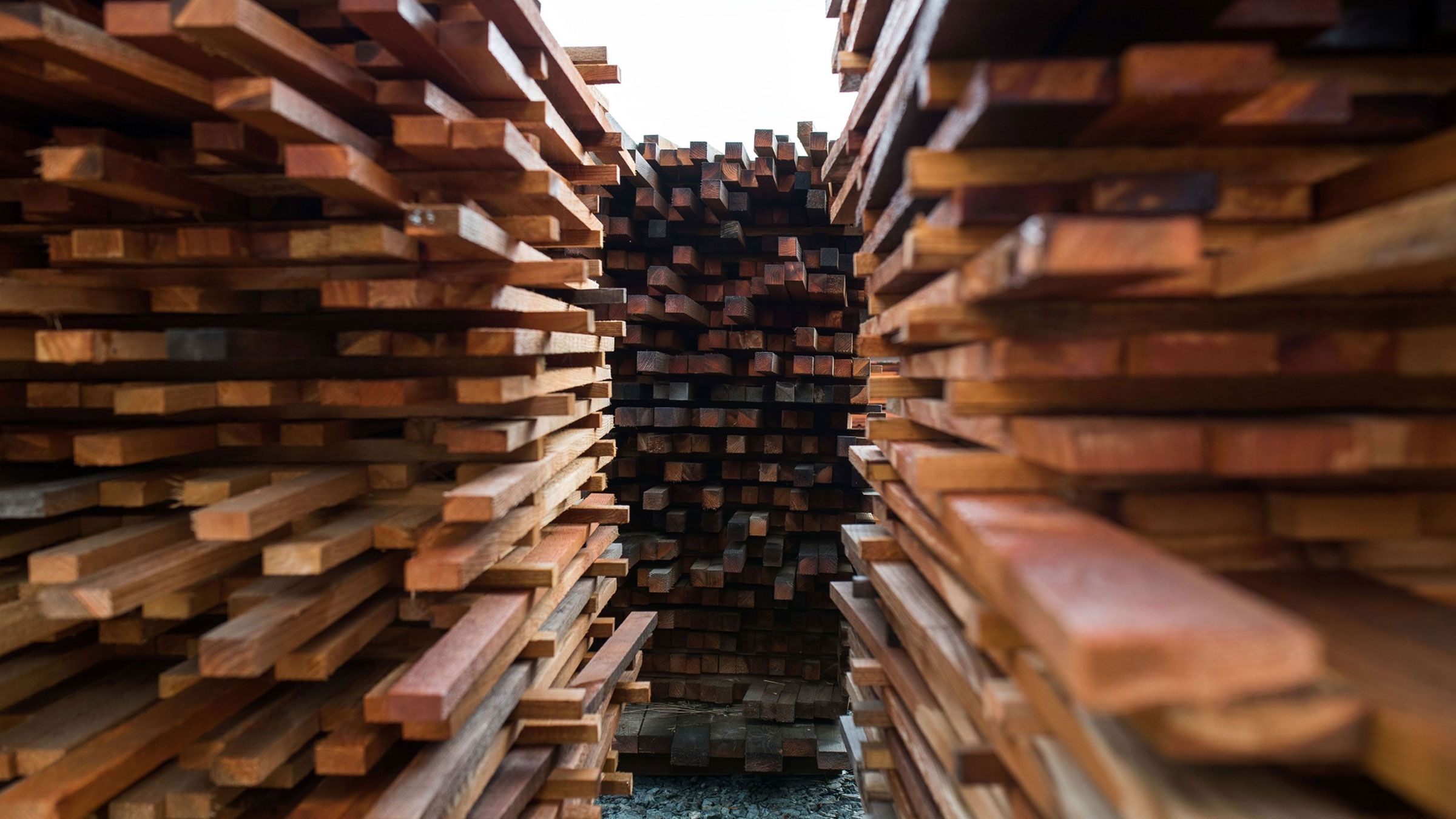
Jurriën timber
Article content
U.S. President Donald Trump’s shifting trade policies are creating uncertainty for the Canadian forestry industry.
THIS CONTENT IS RESERVED FOR SUBSCRIBERS ONLY
Subscribe now to read the latest news in your city and across Canada.
- Exclusive articles from Barbara Shecter, Joe O’Connor, Gabriel Friedman, and others.
- Daily content from Financial Times, the world’s leading global business publication.
- Unlimited online access to read articles from Financial Post, National Post and 15 news sites across Canada with one account.
- National Post ePaper, an electronic replica of the print edition to view on any device, share and comment on.
- Daily puzzles, including the New York Times Crossword.
SUBSCRIBE TO UNLOCK MORE ARTICLES
Subscribe now to read the latest news in your city and across Canada.
- Exclusive articles from Barbara Shecter, Joe O’Connor, Gabriel Friedman and others.
- Daily content from Financial Times, the world’s leading global business publication.
- Unlimited online access to read articles from Financial Post, National Post and 15 news sites across Canada with one account.
- National Post ePaper, an electronic replica of the print edition to view on any device, share and comment on.
- Daily puzzles, including the New York Times Crossword.
REGISTER / SIGN IN TO UNLOCK MORE ARTICLES
Create an account or sign in to continue with your reading experience.
- Access articles from across Canada with one account.
- Share your thoughts and join the conversation in the comments.
- Enjoy additional articles per month.
- Get email updates from your favourite authors.
THIS ARTICLE IS FREE TO READ REGISTER TO UNLOCK.
Create an account or sign in to continue with your reading experience.
- Access articles from across Canada with one account
- Share your thoughts and join the conversation in the comments
- Enjoy additional articles per month
- Get email updates from your favourite authors
Jurriën timber Sign In or Create an Account
or
Article content
Article content
Sean McLaren, president and chief executive of West Fraser Timber Co. Ltd., says the potential inflationary effects of tariffs could weigh on future demand.
Article content
“Looking forward, we see considerable macroeconomic uncertainty, particularly stemming from the U.S. administration’s evolving tariff policies,” he said on a conference call Wednesday with financial analysts to discuss the forestry company’s latest results. He said the company is planning for multiple scenarios.
Article content
Article content
U.S. tariffs on Canadian and Mexican imports went ahead on March 4, but were followed shortly after by an exemption on goods subject to the free trade agreement between Canada, the U.S. and Mexico.
Article content
By signing up you consent to receive the above newsletter from Postmedia Network Inc.
Article content
However, Trump wants to increase domestic lumber production and has directed the U.S. Commerce Department to investigate the potential harms lumber imports could pose to national security. The investigation will include looking at the extent to which domestic production of timber and lumber can meet domestic demand, and will look at whether measures like tariffs or quotas “are necessary to protect national security.”
Article content
Trump also signed a separate order to possibly increase supplies of timber and lumber and possibly lower housing and construction costs.
Article content
The department is also conducting its sixth administrative review of softwood lumber duties. RBC analyst Matthew McKellar said in a note Tuesday that if the department’s recent preliminary determination from that review goes ahead, countervailing duty rates will more than double for most producers.
Article content
He said in a separate note that the outlook for the paper and forest products industry is highly uncertain when it comes to demand due to the rapidly evolving trade backdrop.
Article content
Article content
“All of this uncertainty is bad for business,” said Derek Nighbor, president and CEO of Forest Products Association of Canada.
Article content
Between likely higher duties on the way, the executive orders and the potential weight of tariffs on the economy, there’s a lot for companies to deal with, said Nighbor. A big part of the industry for Canadian lumber is tied to housing, he explained.
Article content
“When we hear talk of a possible recession … that’s not good for consumer confidence, and so that’s not good for our industry,” he said.
Article content
Nighbor said the U.S. gets about 70 per cent of the lumber it uses domestically, including from Canadian companies with U.S. operations. Around a quarter is imported from Canada, and the rest from other countries, mainly Europe.
Article content
“We have these decades-long relationships and integrated supply chains,” he said. Builders in the U.S. also like Canadian lumber because it has different properties, he added.
Article content
“You’d prefer to frame a house with Canadian lumber over Southern yellow pine … because it’s lighter and it’s stronger.”
Article content
Nighbor added that any impact on Canadian lumber companies will also affect pulp and paper: “We’ve got all of these downstream industries that depend on those inputs.”

